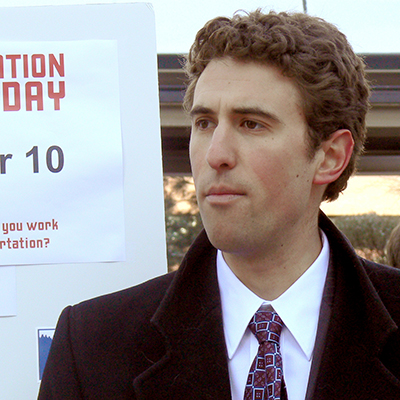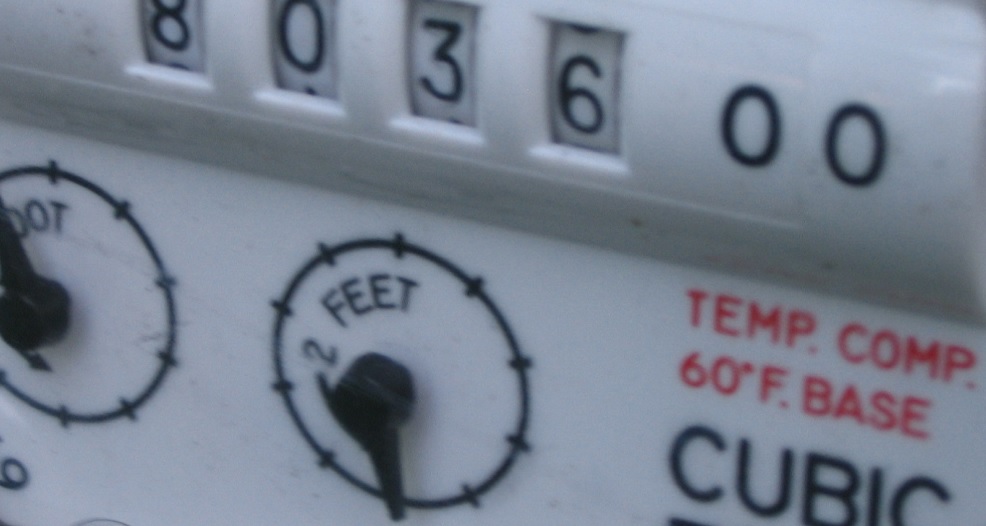
A stronger utility consumer advocate and more transparency for utility customers
The 2021 Colorado General Assembly took major steps forward in protecting utility customers and our planet. HB21-1131 will result in better transparency and more open and accountable governing practices for members of utility cooperatives and SB21-103 reauthorizes and strengthens Colorado’s Utility Consumer Advocate.

You can’t shop around for a utility.
Where you live determines who you have to pay for power. It also determines how much you pay and whether your utility is working to ensure the energy you get warms your house, not our planet.
In 2021, Colorado legislators stepped up and strengthened the protections for utility consumers like you and me to get fair prices without the pollution.
Here in Colorado, there are dozens of utilities across the state. And they all come in different shapes and sizes.
Some are municipally owned and operated like the utility in Colorado Springs. Many are electric cooperatives, owned by the customers it provides energy to and governed by an elected board made up of those customer owners. A few are “investor-owned” — entities like Black Hills and Xcel Energy — that are allowed to make a profit on the kilowatts they sell you.


Authors
Danny Katz
Executive Director, CoPIRG
Danny has been the director of CoPIRG for over a decade. Danny co-authored a groundbreaking report on the state’s transit, walking and biking needs and is a co-author of the annual “State of Recycling” report. He also helped write a 2016 Denver initiative to create a public matching campaign finance program and led the early effort to eliminate predatory payday loans in Colorado. Danny serves on the Colorado Department of Transportation's (CDOT) Efficiency and Accountability Committee, CDOT's Transit and Rail Advisory Committee, RTD's Reimagine Advisory Committee, the Denver Moves Everyone Think Tank, and the I-70 Collaborative Effort. Danny lobbies federal, state and local elected officials on transportation electrification, multimodal transportation, zero waste, consumer protection and public health issues. He appears frequently in local media outlets and is active in a number of coalitions. He resides in Denver with his family, where he enjoys biking and skiing, the neighborhood food scene and raising chickens.
